OPINION: Why do Russians suffer from an early midlife crisis?
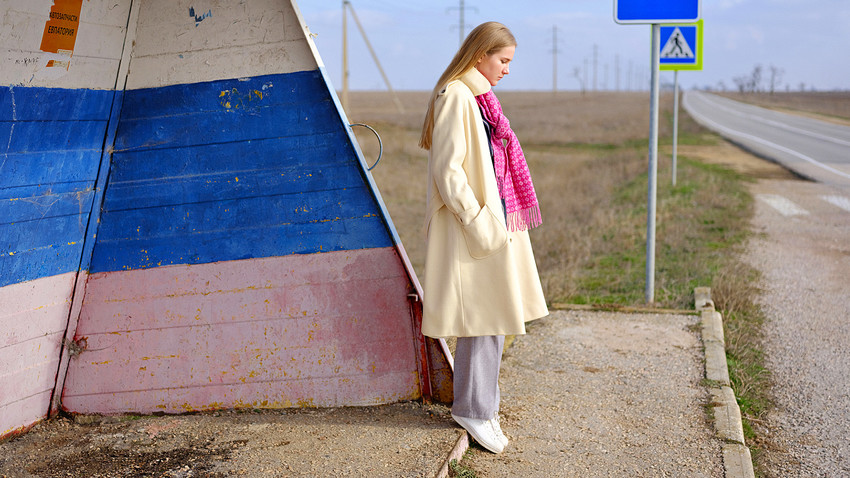
“If I had been unable to emerge from this crisis, I would have jumped out the window,” says Boris, a successful lawyer, 36, divorced with three children.
In spite of a successful career and private life, he has gone through the deepest depths of depression and suicide attempts, caused by a midlife crisis.
While Americans and Europeans tend to consider themselves young until their late 40s, and more readily change professions, as well as maybe take a gap year to possibly travel the world and find their way in life, a midlife crisis comes to some Russians surprisingly early - sometimes at 30-35 years.
Of course, the situation varies greatly in Russia’s capital and regions, but from what I can see many urban residents tend to have an earlier midlife crisis. And it becomes a real challenge for them. We talked to people who suffer from this phenomenon in order to understand the roots of the problem
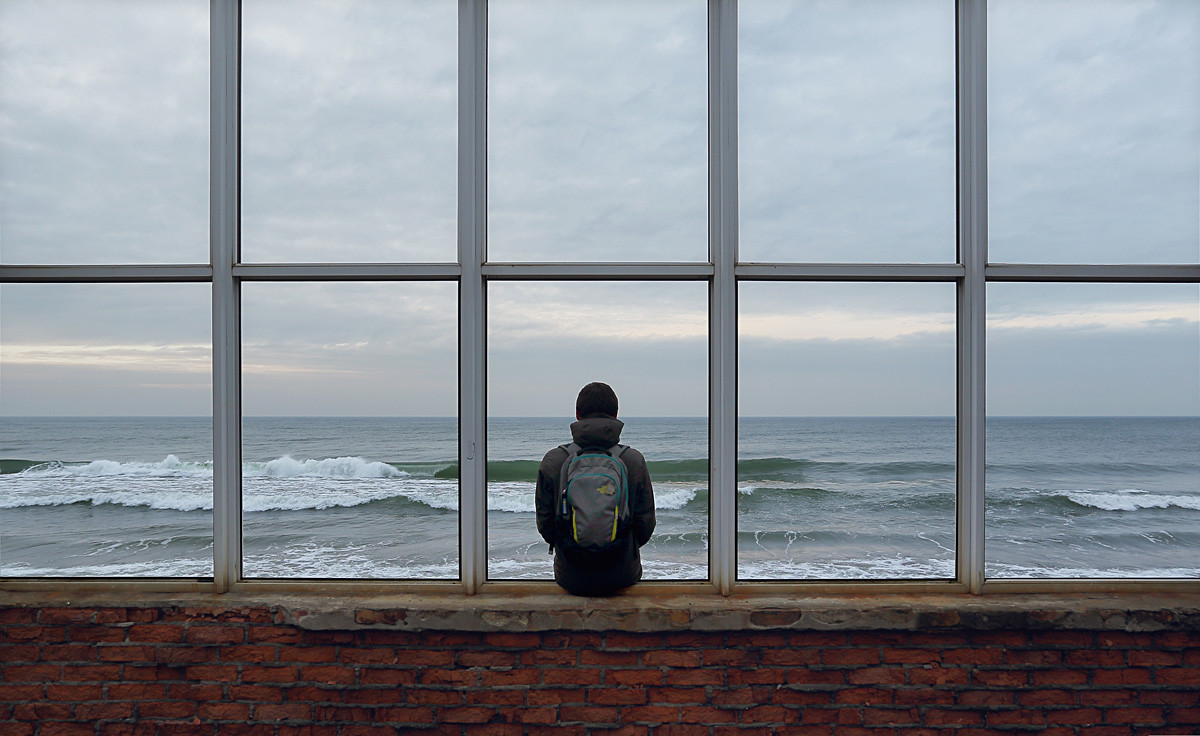
“A midlife crisis is often characterized as a crisis of values, the loss of meaning in
“There are no intercultural studies or statistics comparing a midlife crisis in Russia and abroad, but we may suppose that for some Russians a midlife crisis comes earlier due to our Soviet background. In the West people think that at any age a person can achieve anything, but in our
Overachievers vs. the expectations crash
“Like many of my peers, I was brought up with a ‘faster, higher, stronger spirit’. As a result, it is almost impossible to get to this level [I have in mind], and the time to complete these super tasks is running out,” says Julia, head of a tattoo salon, 30, now on maternity leave.
“Since
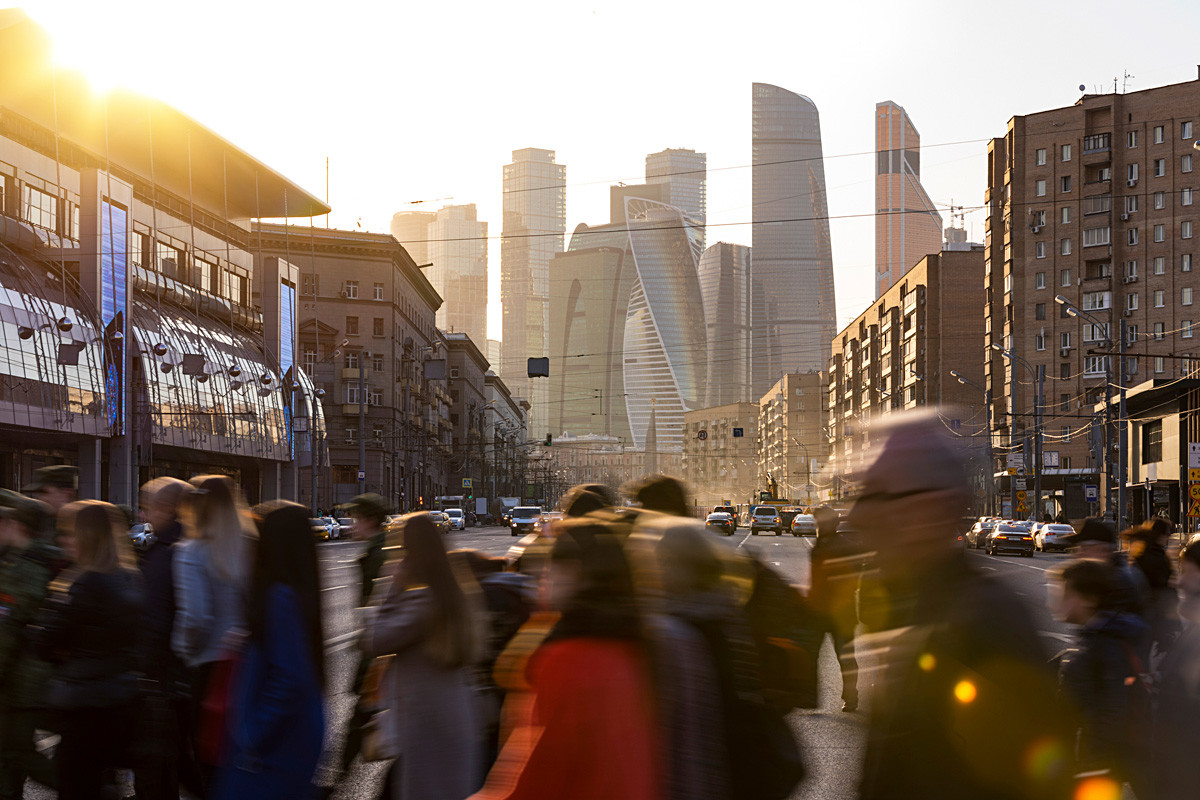
“This is the attitude of my parents, which I inherited and try to struggle against. Somehow, by default, I needed to study perfectly, be the best at work and give all my best to everything that I did; if I do nothing – this means I’m a lazy ass,” Stasya explains.
Sometimes, the roots of the early midlife crisis lie in
“I worked a lot with investment bankers, and they were a monstrous collection of human complexes. They moved mountains for the sake of money, and I always looked at them with contempt and disgust,” says Boris
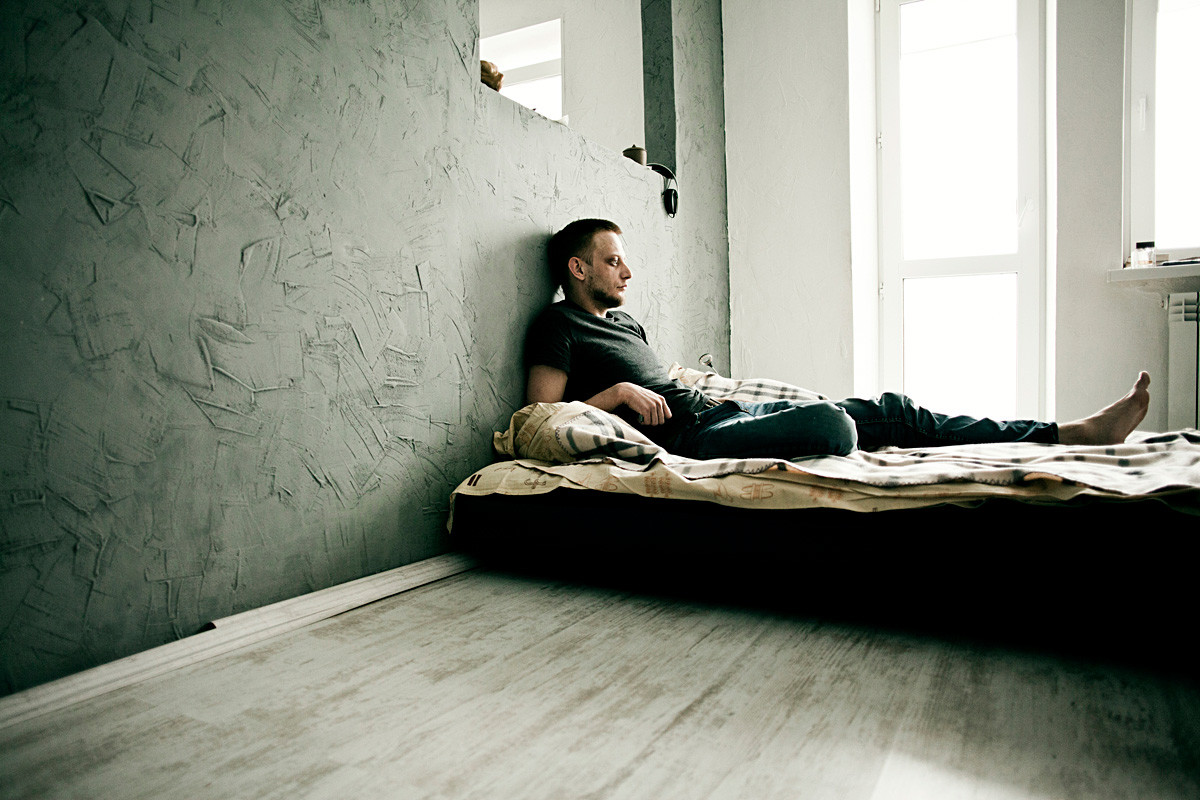
Gender stereotypes
The most common gender stereotype for women in Russia is societal pressure to get married and have children. Even if they don’t want it, the pressure might be so hard that they feel guilty about it and have to visit a psychiatrist to cope with their problems.
Olga is a successful financier who lives with her partner and a dog. She says that she has not decided if she wants children and when, but sometimes she feels as if “a dozen gynecologists immediately scream in my head that I'm 30 and already super old, and I need to give birth right now – no matter what!”
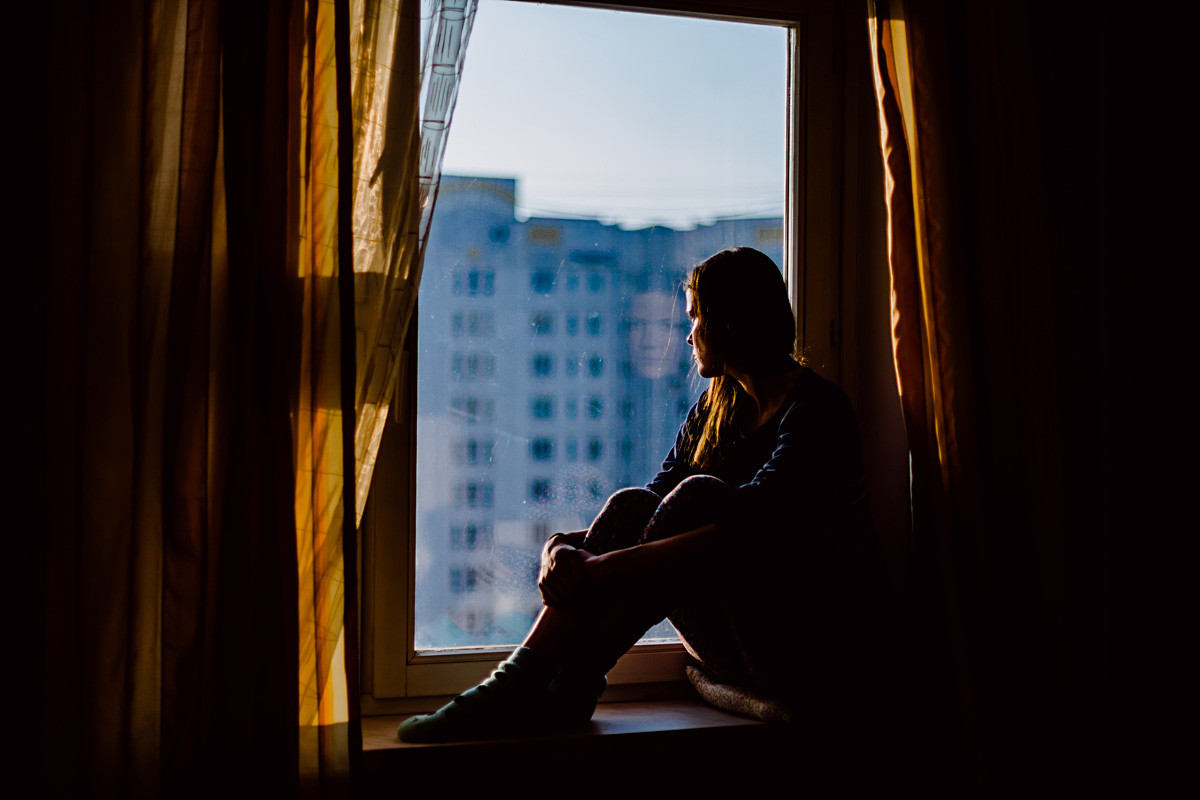
Natalya is an independent filmmaker in her early 30s, she faced a crisis connected to her early marriage and painful divorce: “I think the problem here is that Russian society wants us to create families at an early age.”
The young woman wanted to follow the example of her
Natalya explains that in Russian society the family is considered to be sacred and the sooner you get married, the better.
“It is difficult to build a family and a career at the same time and it’s wise to do everything in turn, but nobody wants to think about this,” Natalya regrets.
“Russians have just started exploring the world of different job opportunities and family scenarios; they are still digesting it, so it’s more difficult for us to embrace this new variety. Russians still use similar paradigms when thinking of their lives and it’s painful to break out of these barriers. Thus, the crisis. But the crisis is not the only way of becoming mature; there is also the
If using any of Russia Beyond's content, partly or in full, always provide an active hyperlink to the original material.
Subscribe
to our newsletter!
Get the week's best stories straight to your inbox